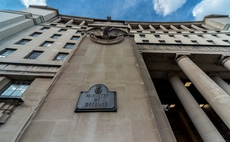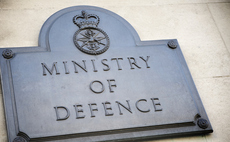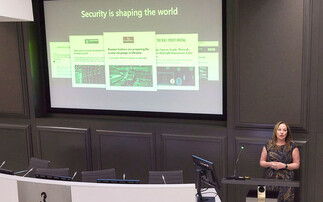Major Jonathan Shaw details his organisation's responsibilities under the new cyber security strategy
The Ministry of Defence (MoD) will work to educate its staff about cyber threats, and select cyber experts to work in its new Defence Cyber Operations Group, the MoD's Major Jonathan Shaw said toda...
To continue reading this article...
Join Computing
- Unlimited access to real-time news, analysis and opinion from the technology industry
- Receive important and breaking news in our daily newsletter
- Be the first to hear about our events and awards programmes
- Join live member only interviews with IT leaders at the ‘IT Lounge’; your chance to ask your burning tech questions and have them answered
- Access to the Computing Delta hub providing market intelligence and research
- Receive our members-only newsletter with exclusive opinion pieces from senior IT Leaders























